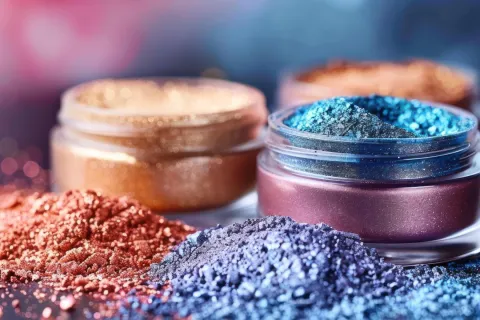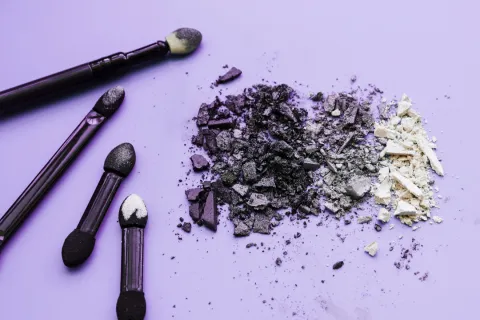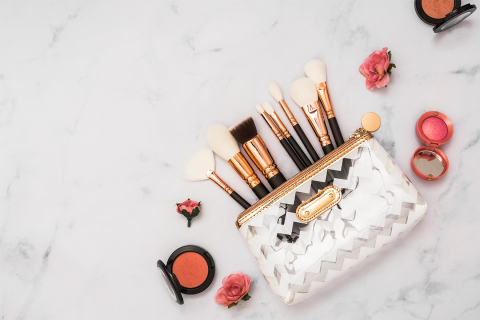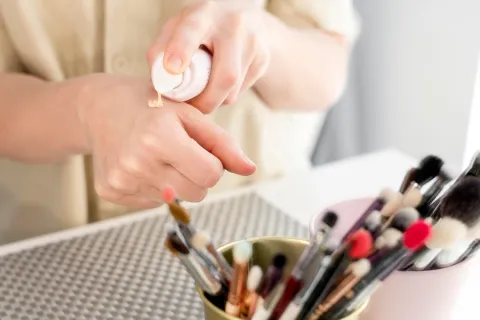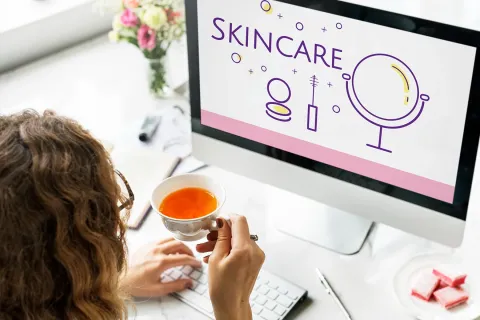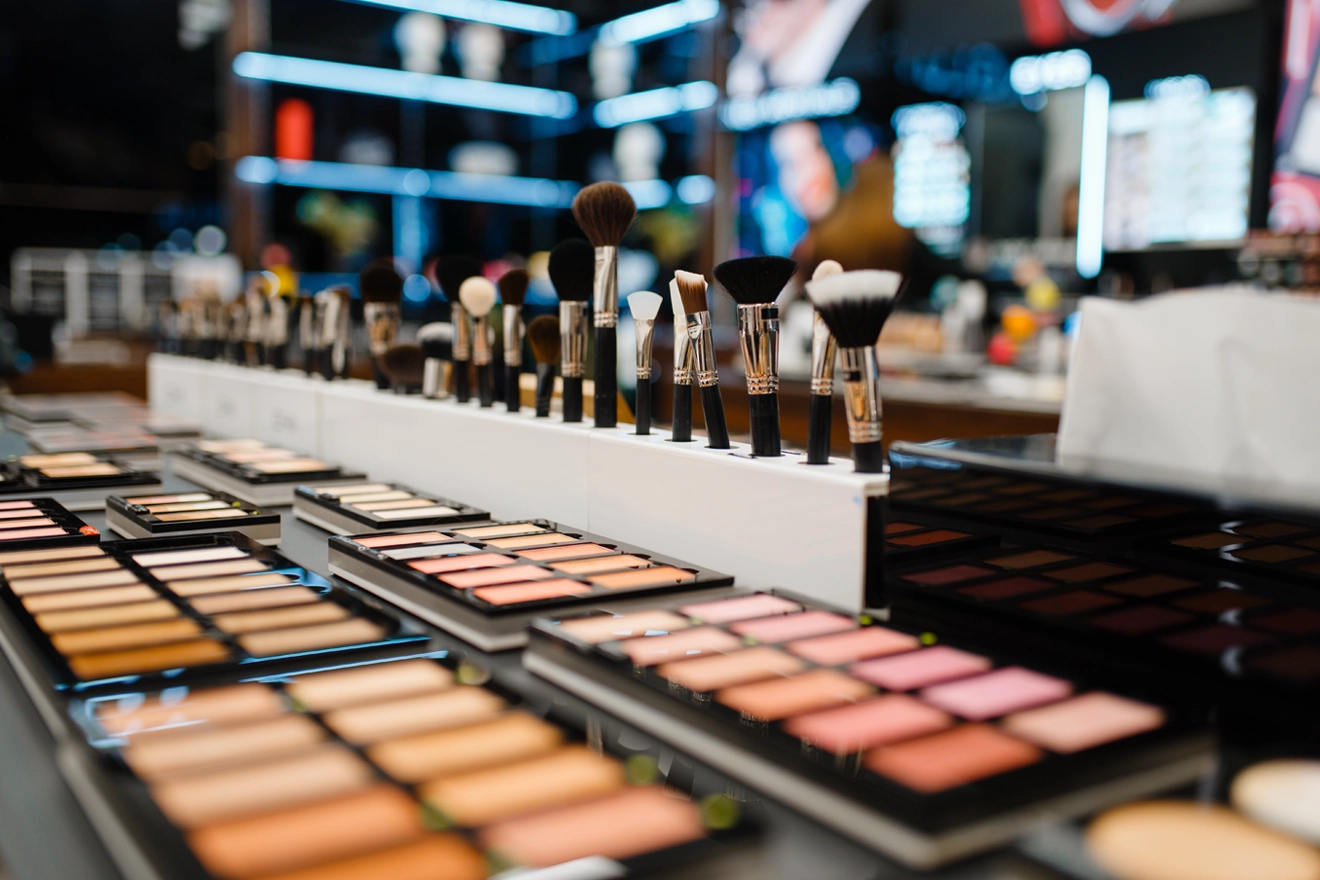
Preservatives are used in cosmetic products to ensure their safety during their lifetime. As many cosmetics contain water, once exposed to the environment, they become prone to the growth of microorganisms. Furthermore, every time a consumer interacts with the product, it gets introduced to a new population of microorganisms directly from the air or skin.
Microbial contamination leads to product spoilage. It destroys the intrinsic properties of the product, thereby creating a health risk to the consumer. Hence, preservatives are extremely important in cosmetic products.
Preservatives used in a cosmetic product can be either natural or synthetic in nature. They are often used at low concentrations wherein the actual level is limited to the amount that is required to preserve the product during its lifetime.
In the European Union (EU), cosmetic preservatives must be safe for use and should be within the required concentration limits. Considering the same, preservatives used in cosmetics must comply with stringent evaluation to conform to the EU safety standards. Preservatives must undergo rigorous evaluation, including safety assessments and quality testing, before they are approved for use in the EU market.
The European Commission (EC) updates the list of scientifically evaluated safe preservatives for their use in cosmetic products and guides national authorities to monitor products in the EU market.
In the EU, cosmetic products are regulated by the EC under the Cosmetics Regulation EC No. 1223/2009, and preservatives used in cosmetics must also comply with the EU Regulatory guidelines. The list of substances that can be used as preservatives in cosmetics marketed in the EU is included in Annex V of the regulation. The list contains maximum concentration limits along with other restrictions for preservatives. It also contains specific warnings for product labeling and sixty (60) unique substances permissible for use in the EU as preservatives for cosmetics.
To ensure the proper usage of preservatives in your cosmetic products and for Regulatory assistance in the EU market, reach out to a Regulatory expert like Freyr.
